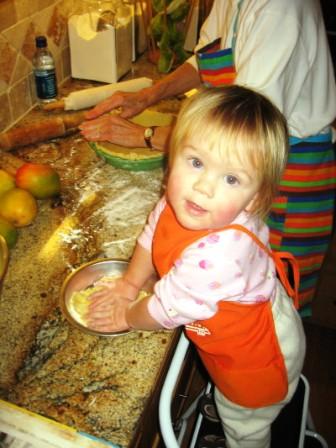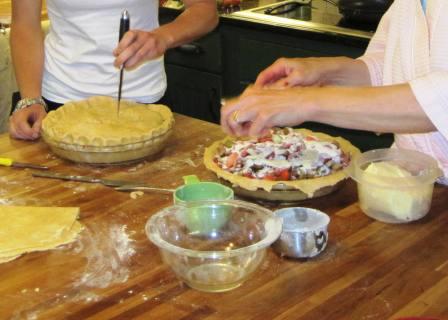- Manage your emotions! After you calm down, take them somewhere private. Do not force a confession. Say, “It looks to me like you might not have told the truth.” Describe the situation and listen to them. If they don’t deny it, keep going.
- State your feelings. “When you lie,”I feel disappointed. I feel like I can’t trust you, and trust is really important. I feel upset and sad. This hurts our relationship, and our relationship is the most important thing to me. I tell the truth to people I care about.” This step will have the most impact on your children, tweens and teens and get them to stop lying.
- Ask open-ended questions: “Do you like me to tell you the truth? How does it feel to you when someone lies to you?”
- Make statements/tell stories. “When I was caught lying to my parents about XYZ, this happened, and I really learned my lesson that honesty is the best policy.”
- Encourage them.” I know you can tell the truth, even when it hurts.”
- Don’t say: “You can do better.” This is very discouraging. describe the behavior you want, and encourage it.
- Model telling the truth — even when it hurts or is inconvenient. If parents lie, kids will too. Act, don’t Yak.
At some point, most children will lie to parents. It might be save face, avoid disappointment or punishment. Parents don’t have to punish every bad act.
A coaching client with six kids said in front of her older kids, ages 7 to 12, “Oh no! $100 is missing from my purse. That money was for Christmas presents. Has anyone seen it? I really need that money.” One of the kids quickly “found” it without incident or punishment. She was relieved because stealing was a problem that undermined family trust.
Put “telling the truth” on the family meeting agenda and talk more about it. Don’t flip out when your tot, child, tween or teenager lies to you. It could be out of self-protection or fear. You can deal with it calmly, kindly and firmly.





 “Vacation” can be a misnomer for parents because we bring our work with us. Changing the environment can be a distraction and add stress, especially if there’s an audience of family and/or friends. And the pressure is on to have fun.
“Vacation” can be a misnomer for parents because we bring our work with us. Changing the environment can be a distraction and add stress, especially if there’s an audience of family and/or friends. And the pressure is on to have fun.